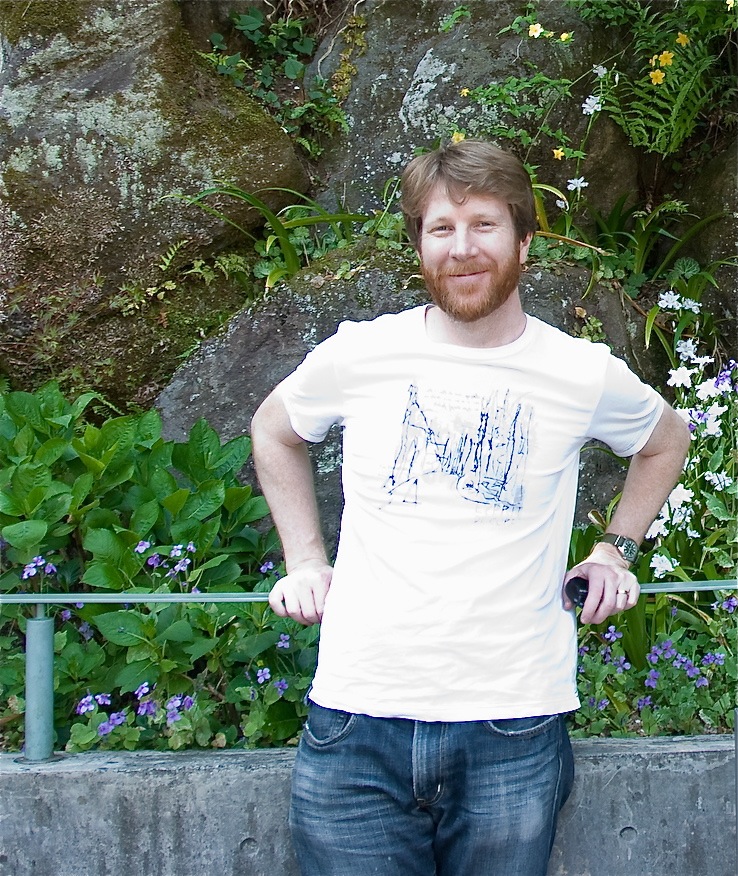Philosophy Seminar Series: 23 Feb 2012, 1-3pm, AS7 Seminar Room B; Speaker: Onora O’Neill, Professor, University of Cambridge; Moderator: Dr. Loy Hui Chieh
Abstract:
Classical arguments for media freedoms do not converge on a shared view of acceptable constraints. Miltonian arguments stress the importance of meeting epistemic requirements for truth seeking, but take too thin a view of these demands and exaggerate the effectiveness of absence of censorship. Millian arguments for rights of self expression minimise ethical and epistemic demands, but cannot plausibly be extended to the media. Arguments that take the epistemic and ethical needs of readers, listeners and viewers into account are more plausible and suggest that media regulation should constrain process but not content.
 About the speaker: Baroness O’Neill comes from Northern Ireland and was educated at Oxford and Harvard, where she worked under the late John Rawls. She has taught in the US and the UK, was Principal of Newnham College, Cambridge until 2006 and teaches Philosophy in Cambridge. She was President of the British Academy, the UK National Academy for Humanities and Social Sciences from 2005-9, and chaired the Nuffield Foundation from 1998-2010. She has been a member of the House of Lords since 1999, and is an independent, non-party peer. She has served on the Select Committees on Stem Cell Research, BBC Charter Review, Genomic Medicine, Nanotechnology and Food and Behavioural Change. She writes on ethics and political philosophy, with particular interests in international justice, the philosophy of Immanuel Kant and bioethics. Her books include Faces of Hunger: An Essay on Poverty, Development and Justice (1986), Constructions of Reason: Explorations of Kant’s Practical Philosophy (1989), Towards Justice and Virtue (1996) and Bounds of Justice (2000), Autonomy and Trust in Bioethics (2002), A Question of Trust (the 2002 Reith Lectures) and Rethinking Informed Consent in Bioethics (jointly with Neil Manson, 2007). She is currently working on practical judgement and normativity, trust and accountability in public life; and the ethics of communication.
About the speaker: Baroness O’Neill comes from Northern Ireland and was educated at Oxford and Harvard, where she worked under the late John Rawls. She has taught in the US and the UK, was Principal of Newnham College, Cambridge until 2006 and teaches Philosophy in Cambridge. She was President of the British Academy, the UK National Academy for Humanities and Social Sciences from 2005-9, and chaired the Nuffield Foundation from 1998-2010. She has been a member of the House of Lords since 1999, and is an independent, non-party peer. She has served on the Select Committees on Stem Cell Research, BBC Charter Review, Genomic Medicine, Nanotechnology and Food and Behavioural Change. She writes on ethics and political philosophy, with particular interests in international justice, the philosophy of Immanuel Kant and bioethics. Her books include Faces of Hunger: An Essay on Poverty, Development and Justice (1986), Constructions of Reason: Explorations of Kant’s Practical Philosophy (1989), Towards Justice and Virtue (1996) and Bounds of Justice (2000), Autonomy and Trust in Bioethics (2002), A Question of Trust (the 2002 Reith Lectures) and Rethinking Informed Consent in Bioethics (jointly with Neil Manson, 2007). She is currently working on practical judgement and normativity, trust and accountability in public life; and the ethics of communication.







